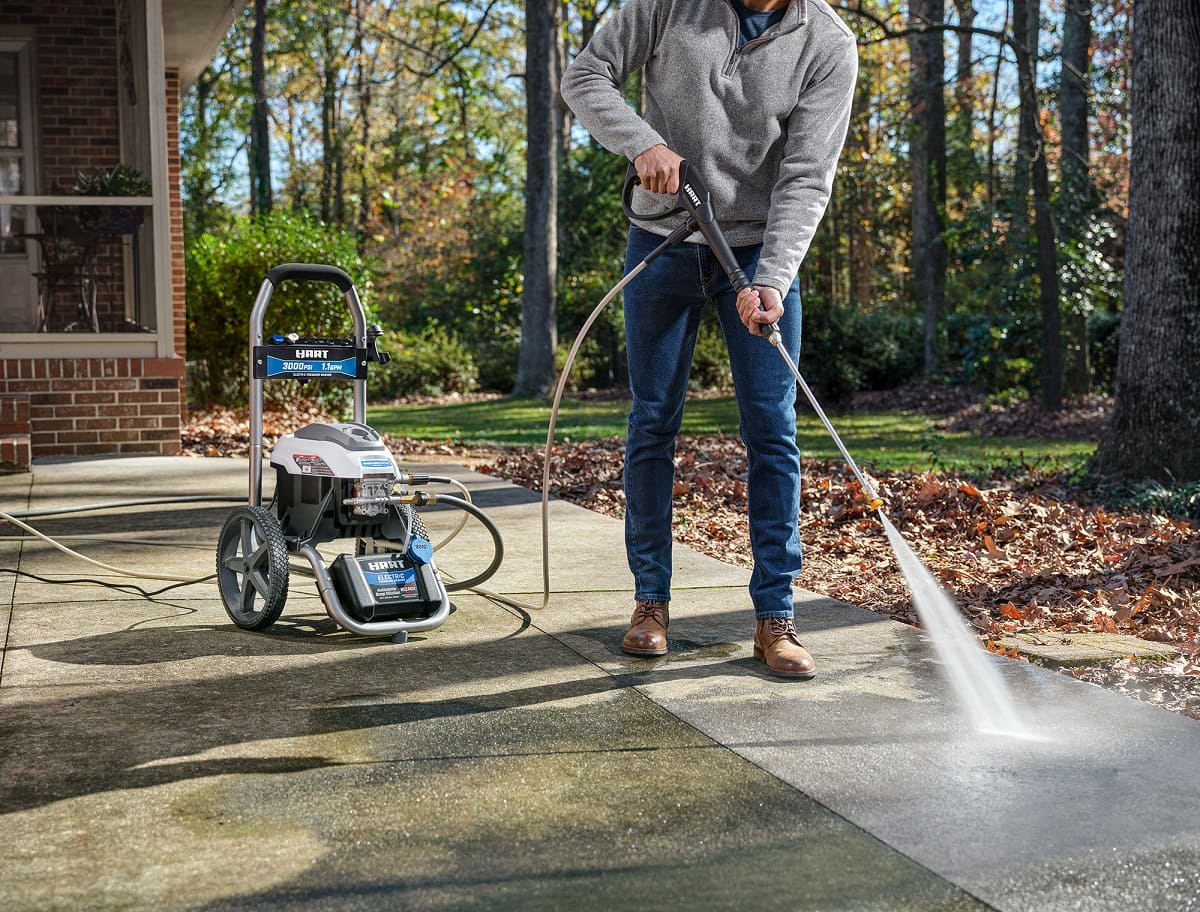

Articles
How Much Does A Power Washer Cost
Modified: February 28, 2024
Searching for articles on how much a power washer costs? Find out the average prices and factors that affect the cost in this detailed guide.
(Many of the links in this article redirect to a specific reviewed product. Your purchase of these products through affiliate links helps to generate commission for Storables.com, at no extra cost. Learn more)
How Much Does A Power Washer Cost
A power washer, also known as a pressure washer, is a versatile tool that uses high-pressure water to clean surfaces. Whether you’re looking to clean your deck, driveway, or even your car, a power washer can make the job much easier and more efficient. But how much does a power washer actually cost? In this article, we’ll explore the various factors that affect the price of a power washer and provide you with some tips for buying one.
Key Takeaways:
- Factors such as pressure, flow rate, power source, brand, and additional features all influence the cost of a power washer. Understanding these factors is crucial for making an informed purchasing decision.
- When buying a power washer, it’s essential to assess your cleaning needs, consider the power source, evaluate features and accessories, and balance cost and quality. Researching maintenance requirements and safety features is also important for a successful purchase.
Read more: How Much Does It Cost To Fix A Washer
Factors That Affect Power Washer Cost
When it comes to power washer cost, there are several factors that can influence the price:
- Pressure: The pressure output of a power washer is measured in pounds per square inch (PSI). Generally, higher PSI power washers tend to be more expensive.
- Flow rate: The flow rate is measured in gallons per minute (GPM) and indicates the amount of water the power washer can deliver. Power washers with higher flow rates are typically pricier.
- Power source: Power washers can be powered by electricity, gas, or diesel. Electric power washers are usually less expensive, while gas and diesel-powered models tend to cost more.
- Brand and quality: Like with any product, the brand and quality of the power washer can affect its cost. Well-known brands with a reputation for durability and performance often come with a higher price tag.
- Accessories and features: Some power washers come with additional accessories and features, such as adjustable nozzles, detergent tanks, and hose reels. These added features can increase the cost of the power washer.
Types of Power Washers
There are several types of power washers available on the market, each designed for different purposes:
- Residential power washers: These power washers are suitable for homeowners and are typically less expensive. They are ideal for cleaning smaller surfaces like decks, patios, and cars.
- Commercial power washers: Built for heavy-duty use, commercial power washers are more powerful and durable. They can handle larger cleaning tasks, such as cleaning parking lots, sidewalks, and industrial equipment.
- High-end power washers: These power washers are top-of-the-line models that offer advanced features and exceptional performance. They are often used by professionals and come at a higher cost.
Introduction
Power washers have become an essential cleaning tool for both residential and commercial use. They provide an efficient and effective way to remove dirt, grime, mold, and mildew from various surfaces. Whether you’re looking to refresh the appearance of your home or maintain the cleanliness of your business, a power washer can do wonders.
But before investing in a power washer, it’s important to understand how much they typically cost. The price of a power washer can vary significantly based on several factors, including the pressure, flow rate, power source, brand, and additional features.
When considering the pressure, a higher PSI indicates a more powerful and expensive power washer. The flow rate, measured in GPM, indicates how much water the power washer can deliver. Power washers with higher flow rates tend to be pricier due to their increased capacity.
The power source is another important factor to consider. Electric power washers are generally less expensive than gas or diesel-powered models. Electric power washers are often more suitable for residential use, while gas or diesel-powered models are commonly used in commercial settings due to their higher power and portability.
The brand and quality of the power washer can also impact the cost. Established brands with a track record for durability and performance tend to be more expensive. While it’s tempting to opt for a cheaper option, investing in a reputable brand can provide you with a long-lasting and reliable power washer.
Additionally, power washers can come with various accessories and features. Adjustable nozzles, detergent tanks, and hose reels are just a few examples. These additional features can increase the price but also provide added convenience and versatility in your cleaning tasks.
In the next sections, we’ll delve deeper into the different types of power washers and how much they typically cost. We’ll explore the price range for residential power washers, commercial power washers, and high-end power washers. We’ll also discuss additional costs that you should consider when purchasing a power washer, as well as provide some tips to help you make an informed buying decision. So, let’s dive in and discover how much a power washer may cost you!
Key Takeaways:
- Factors such as pressure, flow rate, power source, brand, and additional features all influence the cost of a power washer. Understanding these factors is crucial for making an informed purchasing decision.
- When buying a power washer, it’s essential to assess your cleaning needs, consider the power source, evaluate features and accessories, and balance cost and quality. Researching maintenance requirements and safety features is also important for a successful purchase.
Read more: How Much Does It Cost To Fix A Washer
Factors That Affect Power Washer Cost
The cost of a power washer can vary based on several factors. Understanding these factors will help you make an informed decision and choose a power washer that meets your needs and budget. Here are the key factors that affect power washer cost:
- Pressure: The pressure output of a power washer is measured in pounds per square inch (PSI). Higher PSI power washers provide more cleaning power and are generally more expensive than lower PSI models. Residential power washers typically have a PSI range of 1,000 to 2,500, while commercial-grade power washers can reach PSI levels of 3,000 or more.
- Flow rate: The flow rate measures the amount of water a power washer can deliver per minute and is measured in gallons per minute (GPM). Power washers with a higher flow rate can clean larger areas more quickly, but they also tend to come at a higher cost. A flow rate of 1.5 to 2 GPM is common for residential power washers, while commercial-grade models may have a flow rate of 3 GPM or more.
- Power source: Power washers can be powered by electricity, gas, or diesel. Electric power washers are typically more affordable and suitable for smaller residential cleaning tasks. Gas-powered and diesel-powered power washers provide greater mobility and higher pressure outputs, making them ideal for commercial and heavy-duty applications. However, they are generally more expensive than electric models.
- Brand and quality: The brand and quality of the power washer can significantly affect its cost. Trusted and reputable brands often come with a higher price tag, but they also tend to offer superior performance, durability, and customer support. Investing in a quality power washer from a trusted brand can save you money in the long run by avoiding frequent repairs and replacements.
- Accessories and features: Many power washers come with additional accessories and features that enhance their usability and versatility. These may include adjustable nozzles, interchangeable spray tips, built-in detergent tanks, hose reels, and specialized cleaning attachments. While these extras can add convenience to your cleaning tasks, they also contribute to the overall cost of the power washer.
When considering these factors, it’s important to strike a balance between your cleaning needs and your budget. Assess the size and type of cleaning tasks you’ll be tackling to determine the appropriate pressure, flow rate, and power source for your power washer. Consider the frequency of use and the required durability for the machine, as well as any additional features that would be beneficial.
By carefully evaluating these factors, you can choose a power washer that fits your requirements and budget. Remember to compare prices and read reviews to ensure that you’re getting the best value for your money. With the right power washer, you’ll be able to tackle your cleaning projects efficiently and effectively.
Types of Power Washers
Power washers come in different types, each designed to serve various cleaning purposes. Understanding the different types of power washers available will help you choose the right one for your specific needs. Here are the three main types of power washers:
- Residential power washers: Residential power washers are designed for homeowners and are typically more affordable compared to other types. They are suitable for cleaning smaller areas and lighter tasks such as washing cars, decks, patios, and outdoor furniture. Residential power washers usually have a lower PSI range, typically between 1,000 and 2,500, and a flow rate of around 1.5 to 2 GPM.
- Commercial power washers: Commercial power washers are built for heavy-duty use and are designed to withstand more demanding cleaning tasks. They are commonly used in commercial and industrial settings where larger areas need to be cleaned or where deep cleaning is required. Commercial power washers have a higher PSI range, often exceeding 3,000, and a higher flow rate of around 3 GPM or more. These power washers are more powerful, durable, and often come with advanced features to handle tough cleaning jobs efficiently.
- High-end power washers: High-end power washers are top-of-the-line models that offer exceptional performance, durability, and advanced features. These power washers are usually used by professionals in industries such as construction, painting, and fleet maintenance. High-end power washers may have an even higher PSI range and a greater flow rate than commercial models. They are designed for heavy daily use and feature robust construction to withstand continuous operation.
When selecting a power washer type, consider the specific cleaning tasks you’ll be undertaking and the frequency of use. If you primarily need a power washer for occasional use on small residential projects, a residential power washer would be a cost-effective choice. If you require a power washer for more frequent and demanding cleaning tasks, such as washing a large fleet of vehicles or cleaning commercial buildings, a commercial power washer would be more suitable. Professionals who handle demanding and extensive cleaning jobs on a regular basis may opt for high-end power washers for their exceptional performance and durability.
It’s worth noting that within each type, there can be a wide range of models and brands to choose from. It’s important to thoroughly research and compare different options to find a power washer that meets your specific requirements and provides the desired level of performance and reliability.
By understanding the types of power washers available and their respective capabilities, you can make an informed decision and invest in a power washer that will effectively meet your cleaning needs.
When considering the cost of a power washer, it’s important to factor in the type (electric or gas), pressure rating, and additional features such as attachments and accessories. Prices can range from $100 for a basic electric model to over $1000 for a high-powered gas model with extra features. Consider your specific cleaning needs and budget before making a purchase.
Residential Power Washer Cost
When it comes to residential power washers, the cost can vary depending on several factors, including the brand, features, power source, and overall quality of the machine. Generally, residential power washers are more affordable compared to commercial or high-end models, making them a suitable choice for homeowners on a budget. Here is an overview of residential power washer cost:
Entry-level residential power washers can start as low as $100, but it’s important to keep in mind that at this price point, the power and performance may be limited. These lower-priced models typically have a lower PSI range, around 1,000 to 1,600, and a flow rate of 1.2 to 1.6 GPM. While they may be suitable for basic cleaning tasks like washing vehicles or small decks, they might not handle more extensive cleaning projects effectively.
Mid-range residential power washers, ranging from $200 to $400, offer better features and performance. These power washers usually have higher PSI levels, typically between 1,700 and 2,500, and a flow rate of 1.8 to 2.2 GPM. They are more suitable for cleaning larger areas such as driveways, fences, and medium-sized decks. These models also tend to come with additional features like adjustable nozzles, detergent tanks, and longer hoses for added convenience.
Higher-end residential power washers can cost anywhere from $500 up to $1,000 or more. These models often have even higher PSI levels, reaching 2,500 to 3,000, and a flow rate of 2.2 to 2.5 GPM. They offer superior cleaning power and are suitable for tackling tough stains, mold, and mildew on various surfaces. Additionally, high-end residential power washers may include advanced features like multiple spray settings, built-in hose reels, and durable construction for long-lasting performance.
It’s important to keep in mind that while price can be an indication of quality, it’s not the sole determining factor. Researching customer reviews and considering reputable brands can help ensure you’re getting a reliable and durable residential power washer that fits your budget.
Additional costs to consider when purchasing a residential power washer include accessories and maintenance. Depending on your cleaning needs, you may want to invest in additional nozzle attachments, surface cleaners, or extension wands. Regular maintenance and replacement of parts like nozzles, hoses, and pump oil are also essential for the long-term performance of your power washer.
When selecting a residential power washer, assess your cleaning needs, budget, and the quality of the machine to make an informed decision. Consider the size of the area you’ll be cleaning, the frequency of use, and any specific features that would enhance your cleaning experience. By finding the right balance between cost and performance, you can enjoy the benefits of a reliable and efficient residential power washer for years to come.
Commercial Power Washer Cost
Commercial power washers are designed for heavy-duty use and are typically more powerful and durable than residential models. Due to their increased capabilities and construction, commercial power washers tend to have a higher price range. Let’s take a closer look at the cost factors associated with commercial power washers:
Entry-level commercial power washers start around $500 and can go up to $1,500. These models typically offer higher PSI levels, ranging from 2,500 to 3,000, and a flow rate of 2.5 to 3 GPM. They are suitable for medium-sized commercial cleaning tasks such as cleaning sidewalks, parking lots, and small industrial equipment. While these entry-level commercial power washers may have limited features, they provide the necessary power and durability required for commercial use.
Mid-range commercial power washers fall within the $1,500 to $3,500 price bracket. These models offer higher PSI levels, often exceeding 3,000, and a flow rate of 3 to 4 GPM. They can handle more extensive cleaning projects and are suitable for larger commercial and industrial applications. Mid-range commercial power washers often come with additional features such as adjustable pressure control, longer hoses, and heavy-duty frames for enhanced performance and durability.
For high-end commercial power washers, you can expect to spend anywhere from $3,500 to $10,000 or more. These models feature heavy-duty construction, exceptional power, and advanced features. They have higher PSI levels, often surpassing 4,000, and a flow rate of 4 GPM or higher. High-end commercial power washers are designed for demanding tasks such as cleaning large industrial equipment, removing paint, and tackling severe dirt and grime. They often come with advanced features like hot water capabilities, heavy-duty pumps, and robust engines or motors to deliver superior cleaning performance.
In addition to the base cost of the power washer, it’s important to consider any additional accessories or attachments you may need, such as surface cleaners, telescoping wands, or specialized nozzles. These accessories can enhance the versatility and efficiency of your commercial power washer, but they will add to the overall cost.
Maintenance and upkeep are also important considerations for commercial power washers. Regular maintenance, including oil changes, filter replacement, and inspections, is crucial for ensuring the machine’s performance and longevity. It’s also worth investing in high-quality parts and accessories to minimize downtime and maximize the lifespan of your equipment.
When purchasing a commercial power washer, consider the specific cleaning tasks you’ll be performing, the frequency of use, and your budget. Research different brands and models, paying attention to customer reviews and warranties, to ensure you select a reliable and powerful commercial power washer that meets your cleaning requirements.
High-End Power Washer Cost
High-end power washers are the top-of-the-line models that offer exceptional performance, advanced features, and durability. These power washers are typically used by professionals in industries such as construction, painting, and fleet maintenance. Due to their superior qualities, high-end power washers come at a higher cost. Let’s explore the cost factors associated with high-end power washers:
The cost of high-end power washers can vary significantly, ranging from $3,000 to $10,000 or more. The price depends on factors such as brand reputation, power output, advanced features, and specialized applications. These power washers are built with heavy-duty components and advanced technologies to deliver outstanding cleaning performance.
The PSI rating of high-end power washers can exceed 4,000, providing exceptional pressure for tackling tough stains, dirt, and grime. The flow rate is typically higher as well, often reaching 4 GPM or more, allowing for quick and efficient cleaning of large areas. Such high pressure and flow rates make these power washers ideal for professional and industrial use, where demanding cleaning tasks need to be completed efficiently.
Features of high-end power washers can include adjustable pressure settings, multiple spray nozzles, hot water capabilities, and robust engines or motors. These advanced features contribute to the higher cost but provide enhanced functionality and versatility for various cleaning applications.
Durability is a key aspect of high-end power washers. They are built with heavy-duty frames, high-quality pumps, and components that ensure long-lasting performance even under demanding working conditions. Investing in a high-end power washer means you can rely on its durability, reducing the need for frequent repairs and replacements.
High-end power washers often cater to specialized applications. For example, there are models designed for removing paint or graffiti, cleaning oil stains and grease, or handling extremely large surfaces. The cost of these specialized power washers can be higher due to the added features and technologies required for the specific tasks they are designed to tackle.
It’s essential to consider the specific needs of your cleaning projects and the frequency of use when determining if a high-end power washer is the right choice for you. While the upfront cost may be higher, the enhanced performance, durability, and advanced features of high-end power washers can result in greater efficiency and productivity in the long run.
When purchasing a high-end power washer, it’s recommended to research different brands and models, read customer reviews, and consider warranties and service options. This will help ensure that you invest in a high-quality power washer that matches your professional needs and provides reliable performance for years to come.
Read more: How Much Does A Speed Queen Washer Cost
Additional Costs to Consider
When purchasing a power washer, it’s important to consider not only the initial cost of the machine but also the additional costs that may arise. Being aware of these factors will help you budget correctly and avoid any surprises along the way. Here are a few additional costs to consider:
Accessories and Attachments: Depending on your cleaning needs, you may want to invest in additional accessories and attachments to enhance the versatility and performance of your power washer. This could include items such as surface cleaners, telescoping wands, turbo nozzles, extension hoses, or specialized cleaning solutions. While these accessories may incur additional costs, they can significantly improve your cleaning results and efficiency.
Maintenance and Repairs: Like any piece of equipment, power washers require regular maintenance to keep them running smoothly and ensure their longevity. This may include oil changes, filter replacements, hose inspections, and general cleaning. It’s important to factor in the cost of maintenance supplies and any potential repairs that may be needed throughout the lifespan of the machine.
Fuel or Electricity: Depending on the power source of your power washer, there will be ongoing costs associated with fuel or electricity. Gas or diesel-powered power washers require fuel, which should be factored into your operational expenses. Electric power washers will contribute to your overall electricity costs. Consider the runtime of the power washer and its fuel consumption to estimate these ongoing costs.
Replacement Parts: Over time, certain parts of the power washer may wear out and need to be replaced. This can include components like nozzles, hoses, o-rings, or even the pump. It’s a good idea to research the availability and costs of replacement parts for the specific model of power washer you choose. Investing in quality replacement parts can prolong the lifespan of your power washer and save you from having to buy a new one prematurely.
Storage and Protection: Proper storage and protection of your power washer can contribute to its longevity. You may need to invest in a cover, storage shed, or dedicated storage space to protect the machine from the elements and prevent damage. Storage and protection measures should be factored into your overall cost consideration.
Training and Safety Equipment: If you’re new to using a power washer, it may be beneficial to invest in training or educational resources to ensure safe and effective operation. Additionally, certain cleaning tasks may require safety equipment such as protective goggles, gloves, or boots. Consider these additional costs to maintain a safe working environment while using your power washer.
By taking into account these additional costs, you can have a more accurate understanding of the total expenses associated with owning and operating a power washer. Moreover, proper planning and budgeting will help you make an informed decision and ensure that you have the necessary resources to maintain your power washer effectively in the long run.
Tips for Buying a Power Washer
When it comes to buying a power washer, it’s essential to make an informed decision based on your specific needs and budget. To help you find the right power washer for your cleaning tasks, here are some tips to consider:
1. Assess Your Cleaning Needs: Determine the type and size of cleaning projects you’ll be undertaking. Consider the surfaces you’ll be cleaning, the frequency of use, and the level of dirt and grime you need to remove. This will help you determine the appropriate power and specifications for your power washer.
2. Consider Power Source: Evaluate whether an electric, gas-powered, or diesel-powered power washer suits your needs best. Electric power washers are typically more affordable, lightweight, and suitable for smaller tasks. Gas or diesel-powered models offer more mobility and higher power for larger or more demanding cleaning projects.
3. Learn About Pressure and Flow Rate: Understand the importance of pressure and flow rate in power washers. Higher PSI (pounds per square inch) and GPM (gallons per minute) allow for better cleaning efficiency. Determine the appropriate pressure and flow rate based on the cleaning tasks you’ll be performing.
4. Consider Brand and Quality: Research different brands and models, paying attention to customer reviews and reputations. Opting for a reputable brand with a history of reliable and durable products often ensures a better long-term investment and customer support if needed.
5. Evaluate Features and Accessories: Consider the features and accessories that would enhance your cleaning experience. Some power washers come with adjustable nozzles, built-in detergent tanks, hose reels, or specialized cleaning attachments. Assess which features are important to you and whether the power washer offers them.
6. Check Durability and Construction: Look for power washers with sturdy frames and high-quality components that can withstand heavy use. A durable power washer will provide years of reliable service without frequent repairs or replacements.
7. Balance Cost and Quality: Determine your budget for a power washer but avoid solely focusing on the cheapest option. Consider the long-term value and reliability a higher-priced model may offer. Compare prices, read customer reviews, and weigh the features, quality, and warranties to make a well-informed decision.
8. Research Maintenance Requirements: Look into the maintenance requirements of the power washer you’re considering. Regular maintenance is crucial for optimal performance and longevity. Ensure you are willing to commit to the necessary maintenance tasks, such as oil changes, filter replacements, and general cleaning.
9. Pay Attention to Safety Features: Check for safety features such as automatic shut-off, safety locks, and pressure relief valves. These features help prevent accidents and promote safe operation of the power washer.
10. Compare Prices and Retailers: Take the time to compare prices and offerings from different retailers or online platforms. Look for sales, promotions, or discounts that may be available. It’s worth considering purchasing from reputable suppliers that offer good customer service and warranty options.
By following these tips, you’ll be equipped with the knowledge and considerations necessary to make an informed purchasing decision. A well-chosen power washer will improve your cleaning efficiency and ensure you have a reliable tool for years to come.
Conclusion
Power washers are an indispensable tool for cleaning a wide range of surfaces, from decks and patios to driveways and industrial equipment. Understanding the factors that affect power washer cost, the different types available, and the additional costs involved will help you make an informed decision when purchasing one. By considering your specific cleaning needs, power source preferences, and desired features, you can find a power washer that perfectly aligns with your requirements and budget.
Residential power washers are generally more affordable and cater to smaller cleaning tasks around the home. With different price ranges and features available, you can choose a residential power washer that strikes the right balance between cost and performance.
For commercial use, higher-powered power washers are required to handle larger areas and heavy-duty cleaning projects. Commercial power washers are built to withstand frequent and demanding use. Though they come with a higher price tag, the increased power and durability are necessary for commercial applications.
If you require top-of-the-line performance and advanced features, high-end power washers are the ideal choice. They are designed for professionals who specialize in tasks that require superior cleaning power and durability.
Additionally, there are several factors to consider when estimating the true cost of a power washer. These factors include accessories, ongoing maintenance, fuel or electricity consumption, replacement parts, and proper storage and protection measures.
To ensure a successful purchase, it’s important to assess your cleaning needs, compare different brands and models, and read customer reviews. By doing so, you can find a power washer that offers reliable performance, durability, and the features necessary to tackle your specific cleaning projects.
Remember to also factor in maintenance requirements, as regular upkeep is vital for keeping your power washer in optimal condition for years to come. By taking these factors into account and following the tips provided, you can confidently choose a power washer that meets your needs and provides a powerful and efficient cleaning solution.
Investing in the right power washer will not only save you time and effort but also help you achieve outstanding cleaning results. Enjoy the benefits of a clean and refreshed space with the power of a well-chosen power washer by your side.
Frequently Asked Questions about How Much Does A Power Washer Cost
Was this page helpful?
At Storables.com, we guarantee accurate and reliable information. Our content, validated by Expert Board Contributors, is crafted following stringent Editorial Policies. We're committed to providing you with well-researched, expert-backed insights for all your informational needs.
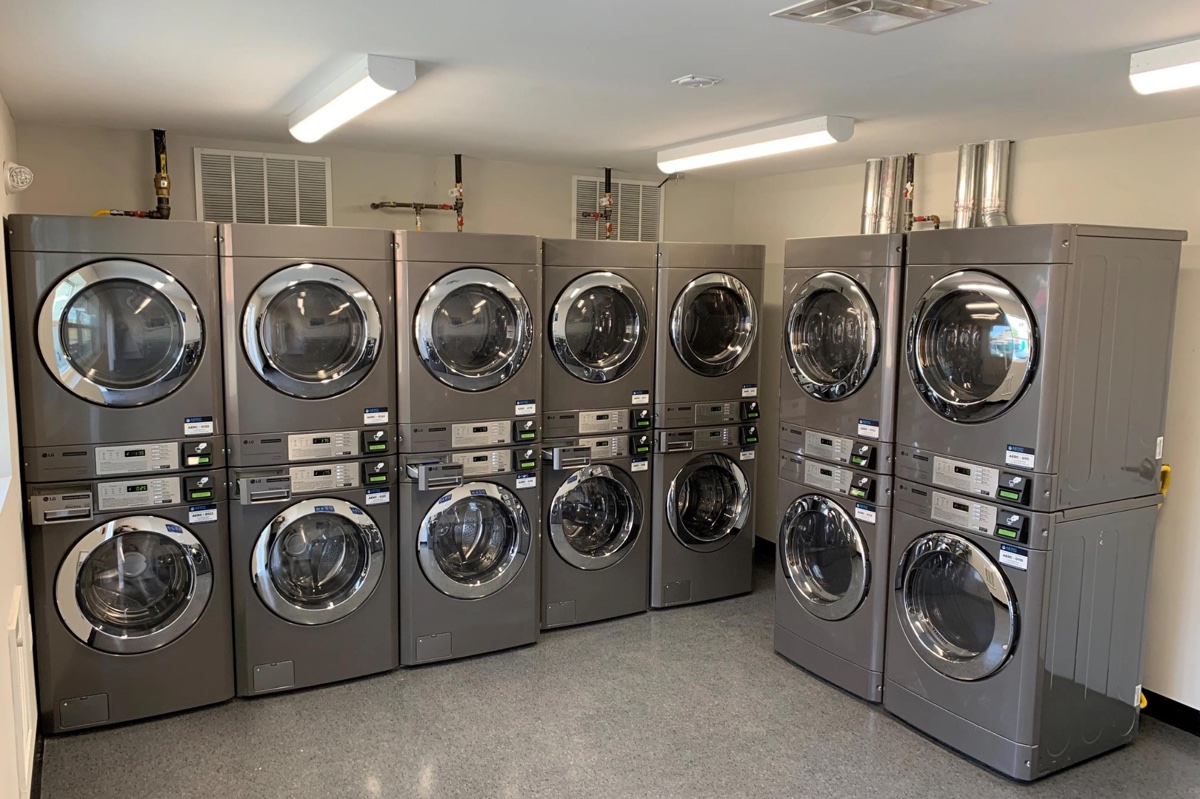
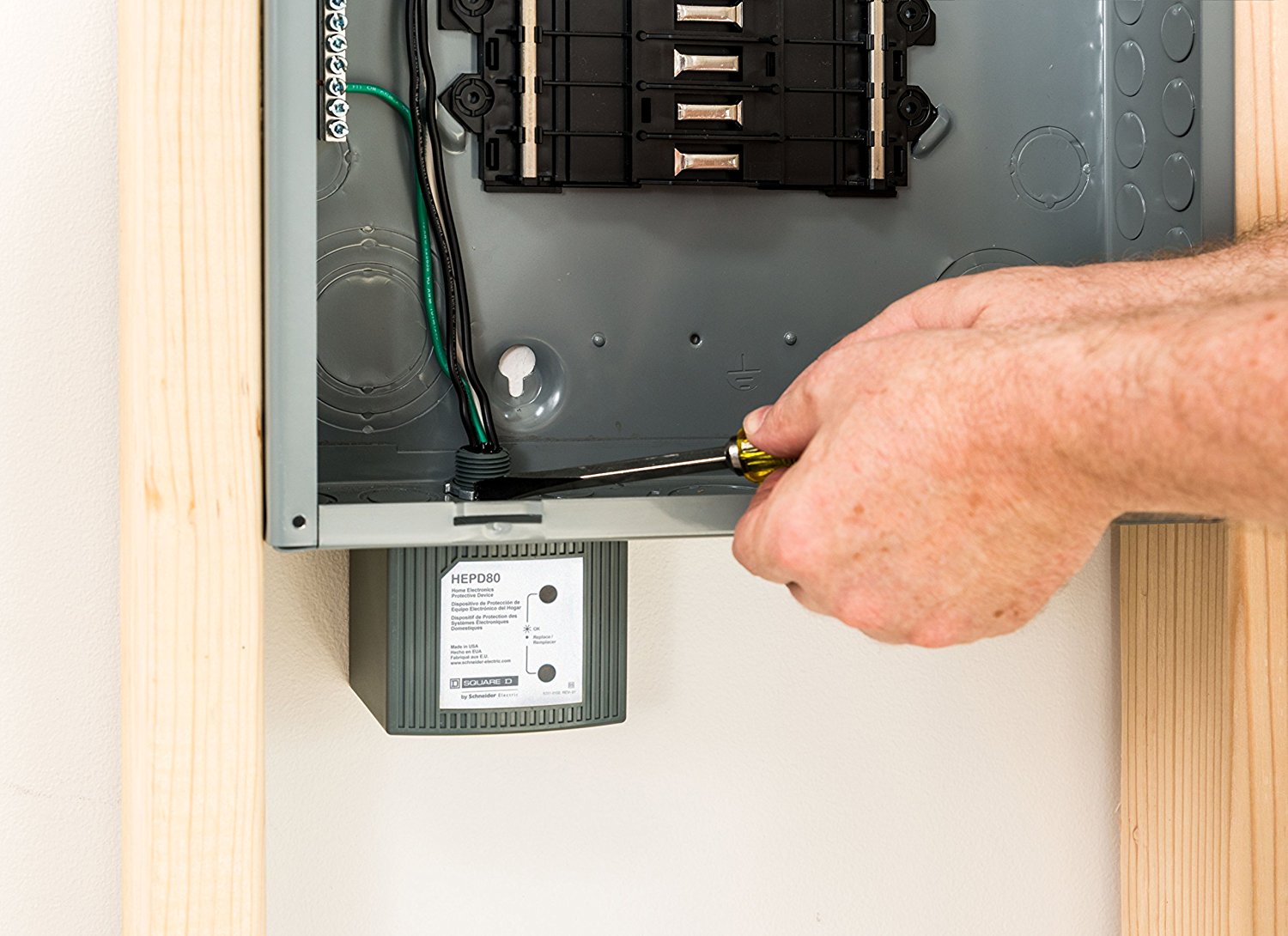
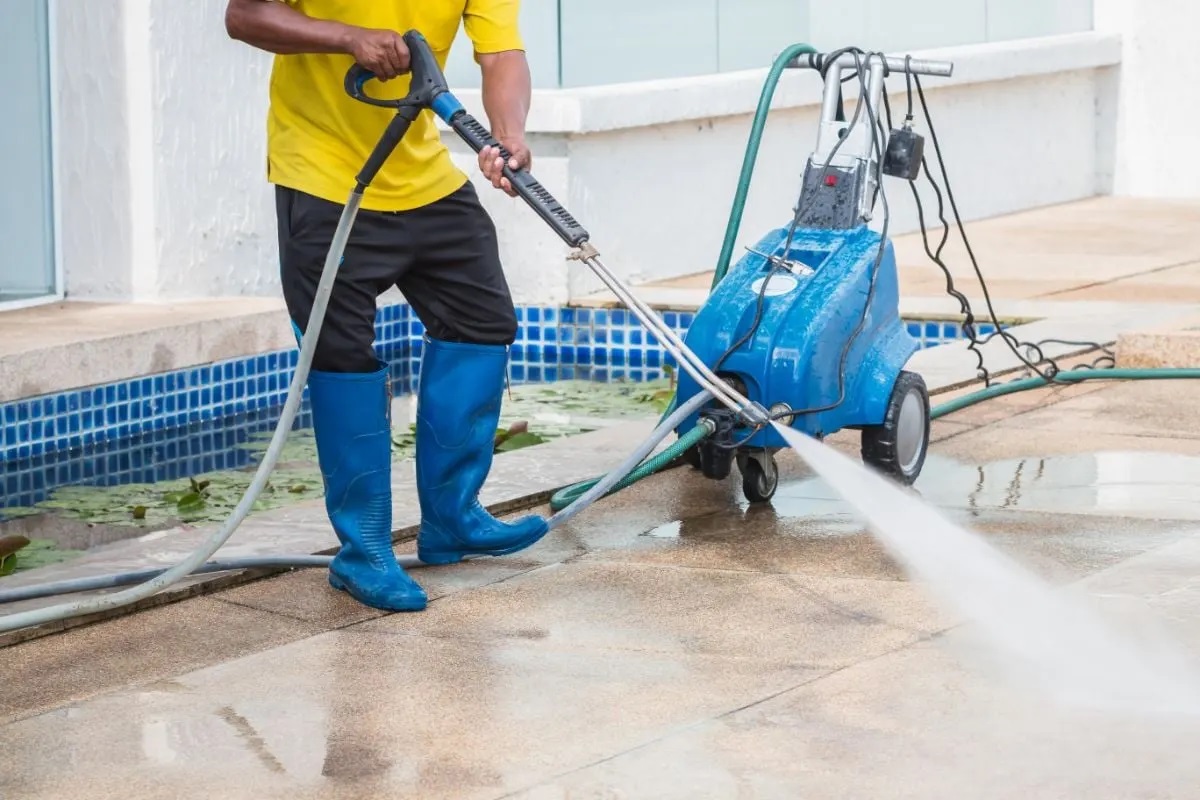

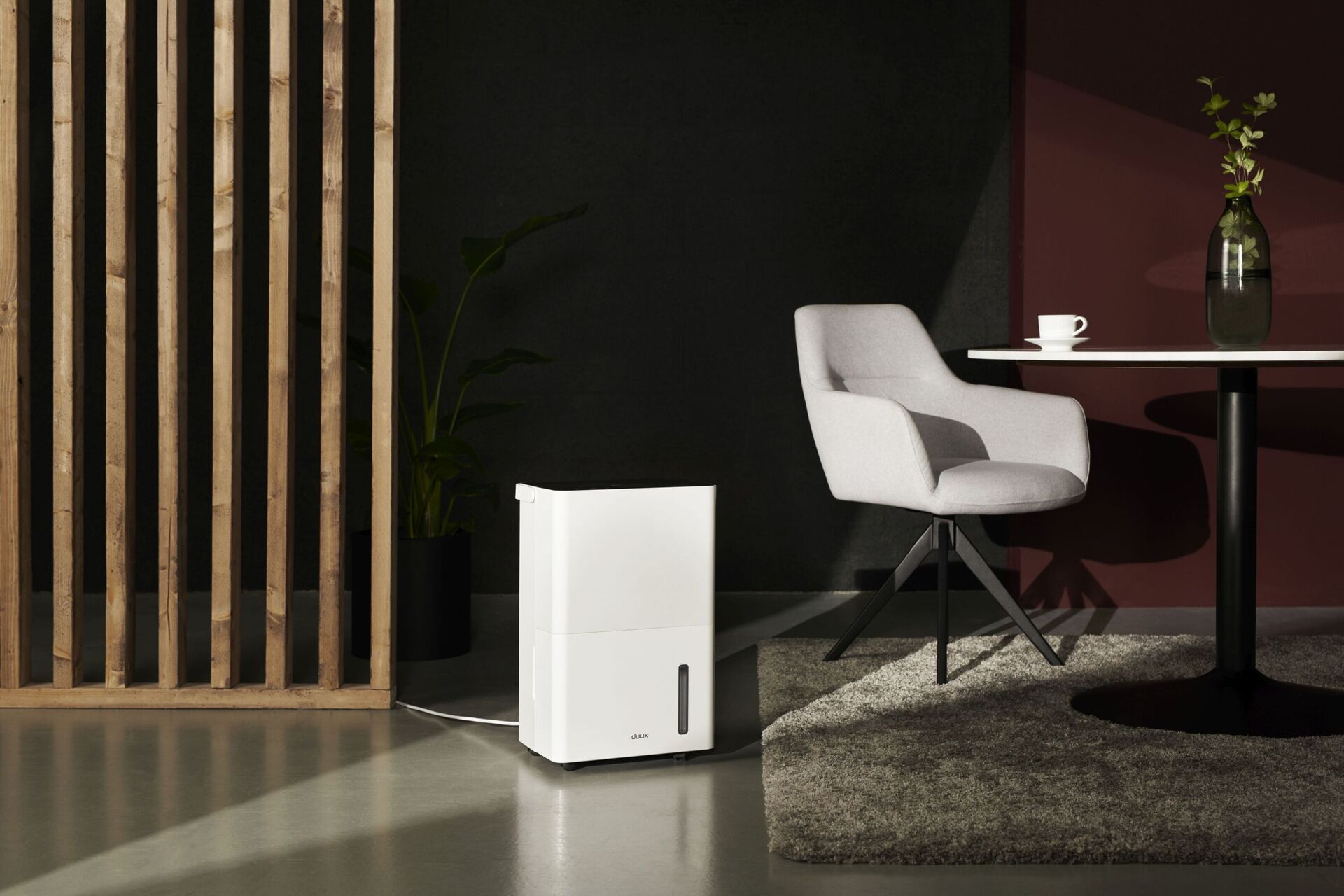

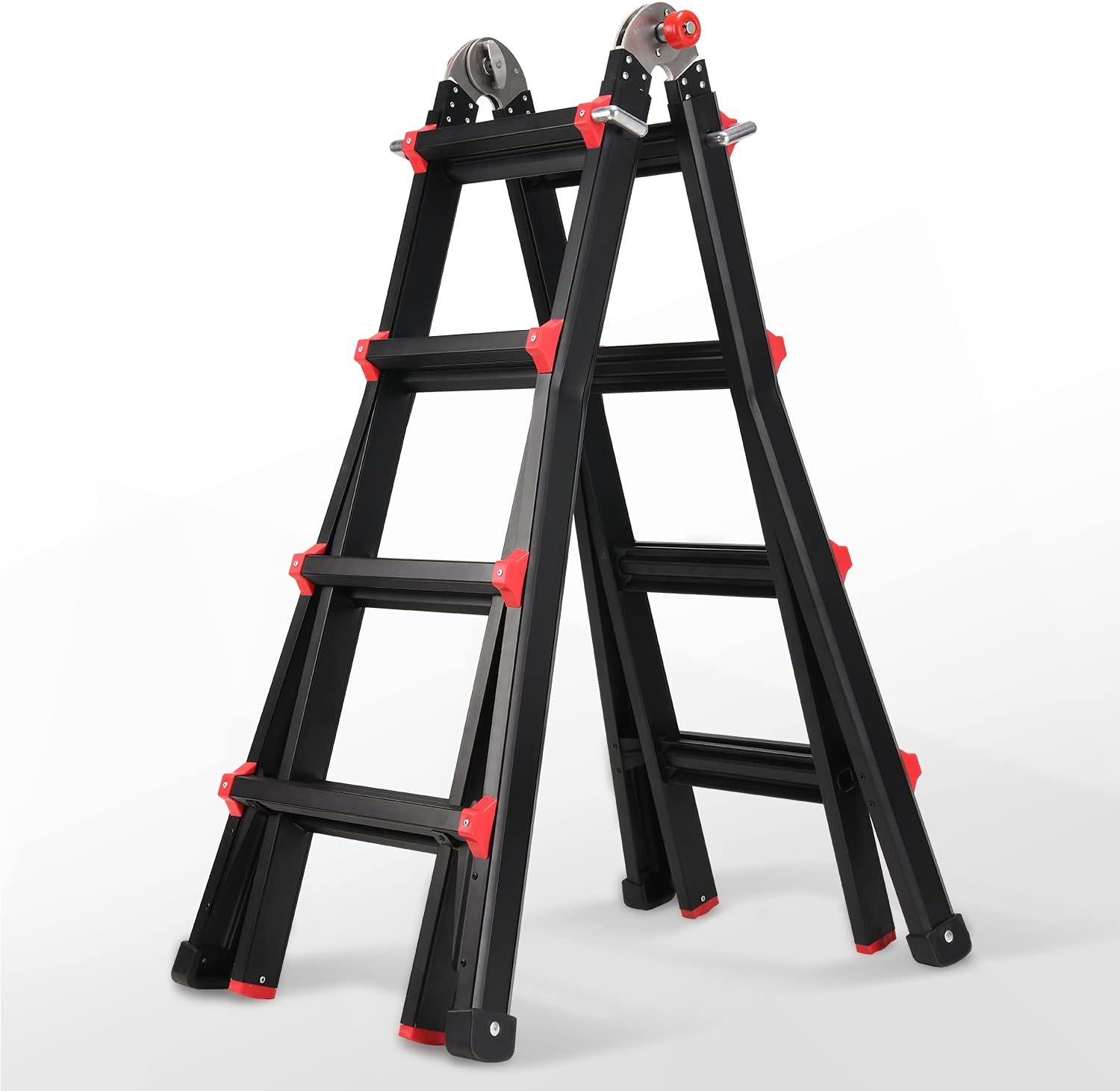
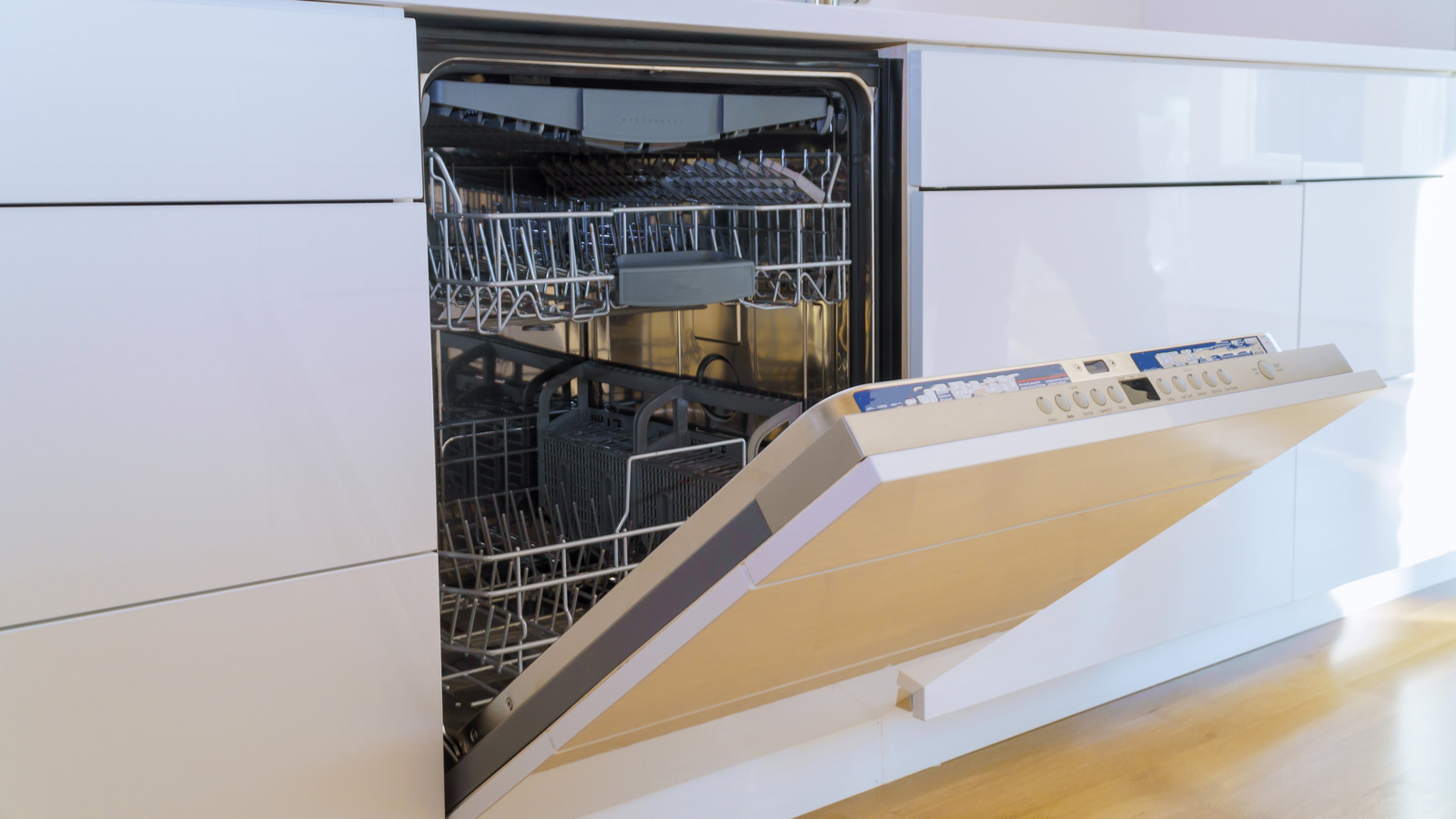

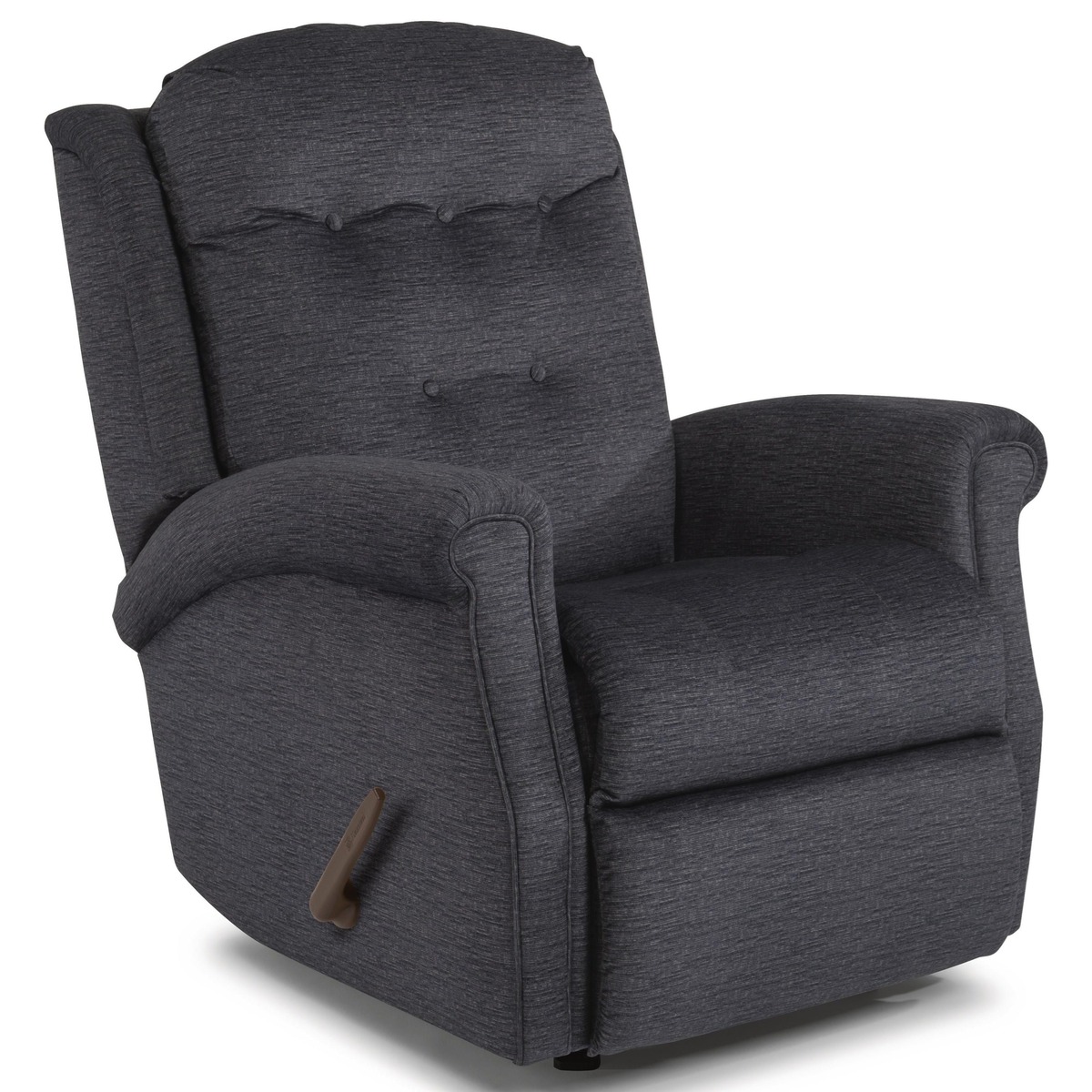

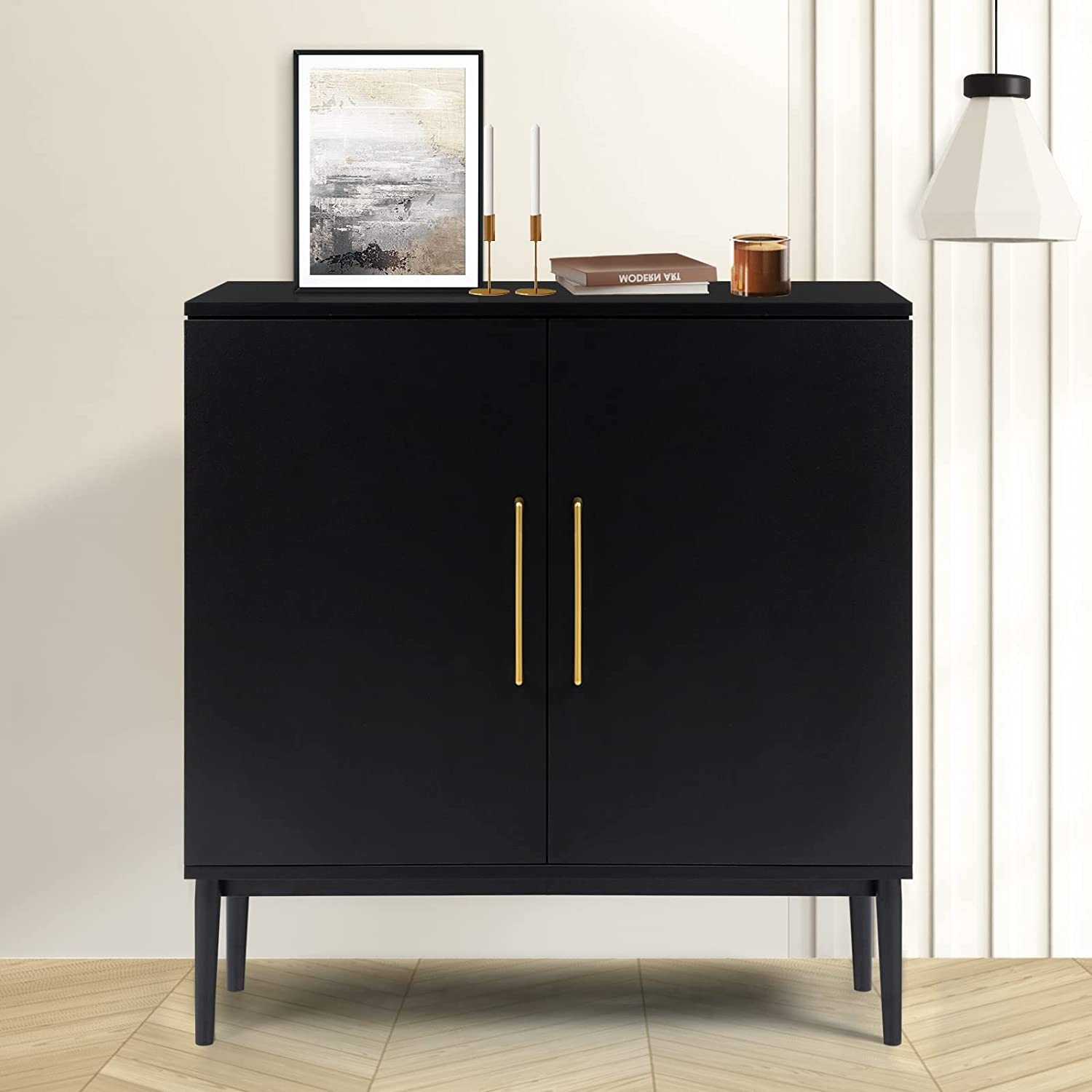
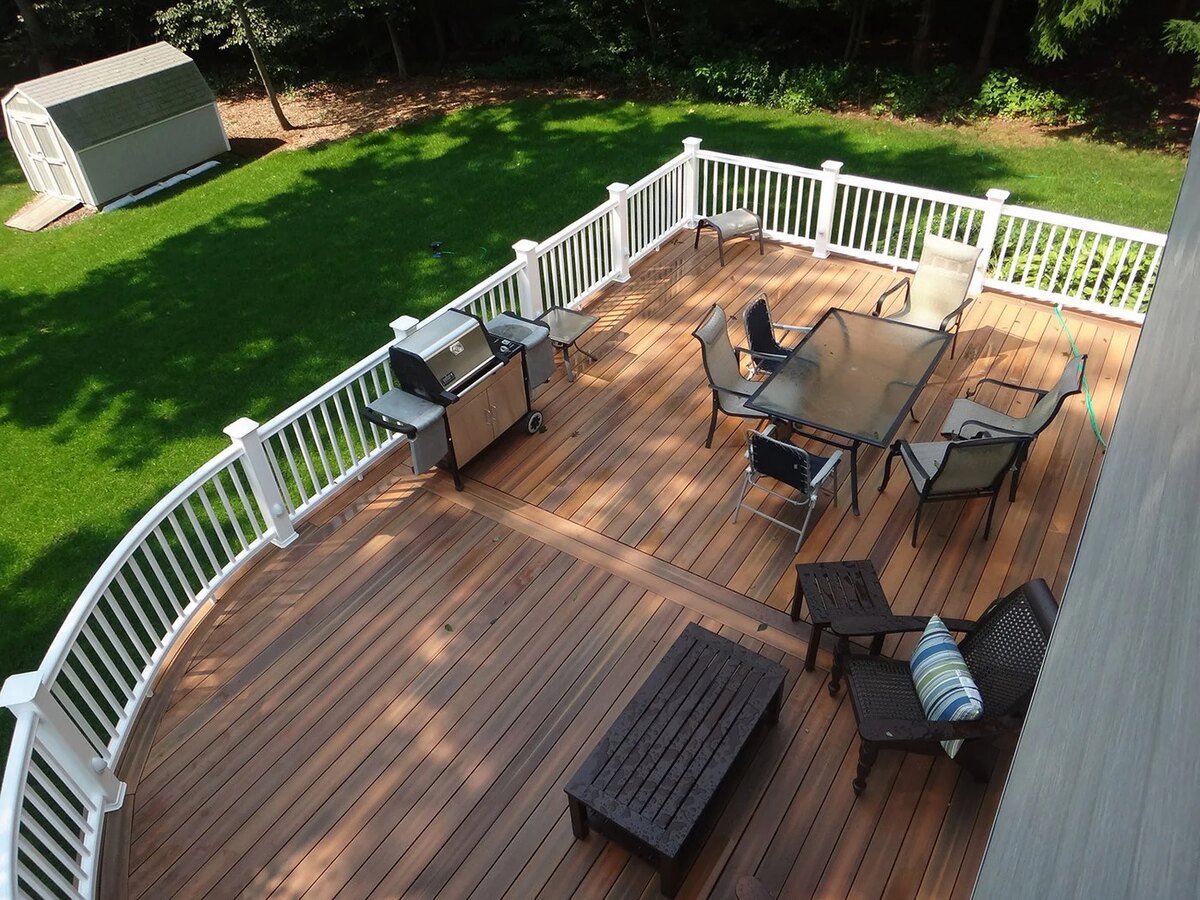

0 thoughts on “How Much Does A Power Washer Cost”